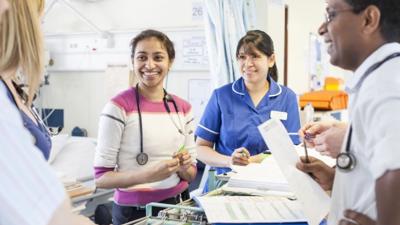
NAIF transparency data
In his transparency and open data letter to cabinet ministers on 7 July 2011, then prime minister, David Cameron, made a commitment to make clinical audit data available from the national audits within the National Clinical Audit and Patient Outcomes Programme (NCAPOP). This data was released in an open and standardised format for the first time in December 2011, and provided annually from then onwards.